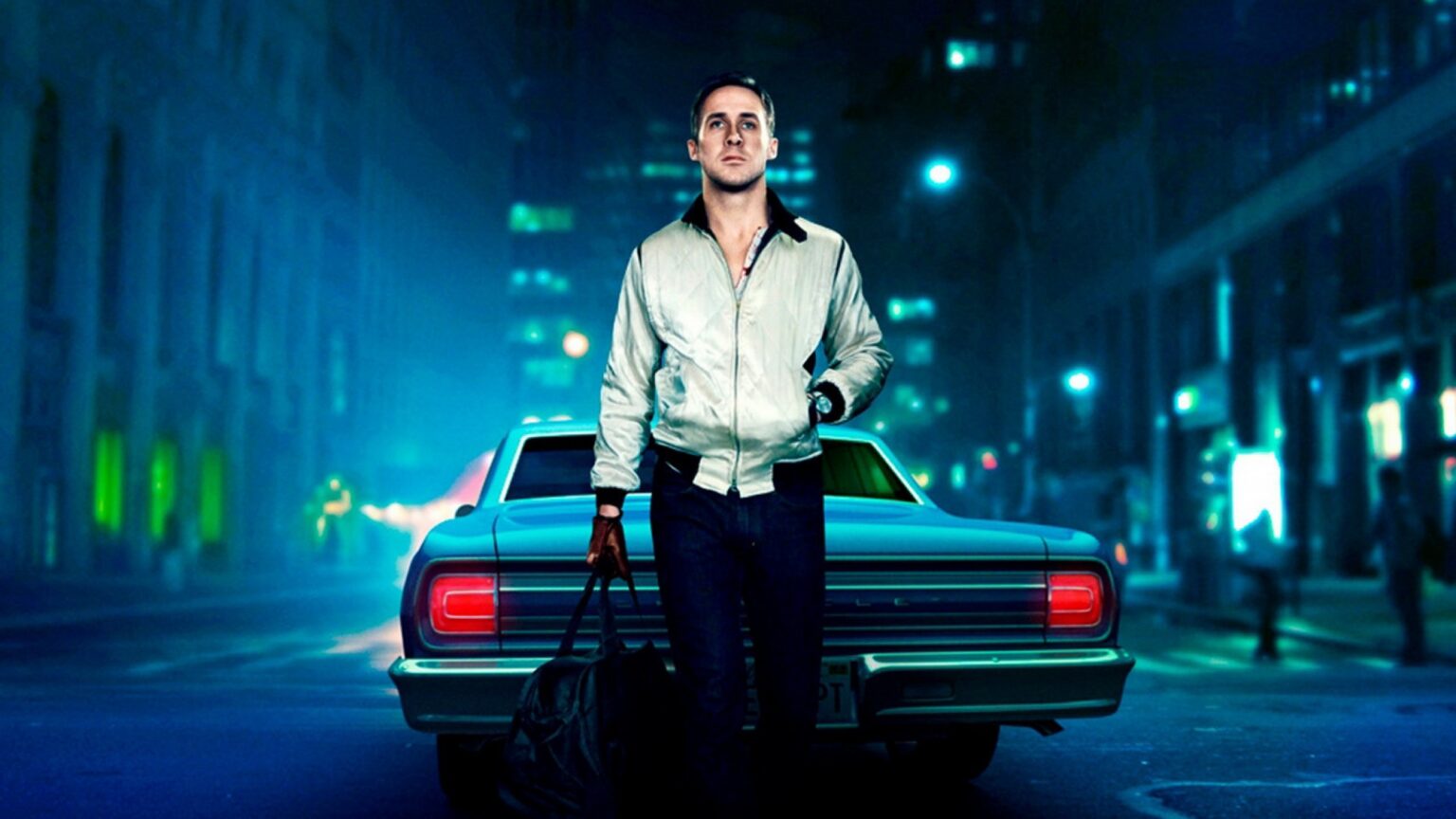
Movie “Drive” review
Today I want to write my paper about the greatest movie in my opinion – “Drive” by Nicholas Refn.
The previous painting by Nicholas Winding Refn very symbolically ended with the fact that several crusaders, greatly puzzled by the search for the promised land, suddenly sailed to the very heart of the pitching hell – to America. Soon, to a loud ovation from the audience of the Cannes Film Festival, Refn himself moored to the shores of the New World.
Hurry, as they say in such cases, to see: the long-awaited “Drive” is coming out on the screens, the smart Hollywood debut of the harsh Dane, about which movie lovers will probably dog enthusiastically for a whole year, already out of habit trying to teach each other what is “good” , and what is “bad”. The reason for verbal skirmishes as often happens, turned out to be somewhat more modest than the echoing hype in the blogosphere. In fact, “Drive” is not much different from the past works of the author.
Refn, in principle, rarely repeats itself, for several years this nimble multi-player has tried himself almost everywhere – from energetic tarantinoids to viscous Prolinchev’s mysticism (at such a pace and until romcom, it seems, is not far), but almost all of his tapes in the bottom line do not give the impression so much cinema, how much diligent play in the genre.
This time we have a game of gloomy 80s neo-noir, meticulously built according to the precepts of early Michael Mann. In order not to be considered ignorant, the director goes over all his favorite films in his memory, isolating from there the texture, which you can watch endlessly. To the nostalgic synthpop, the serene wanderer travels through absolutely stunning Los Angeles here – this is, perhaps, only in the cinema.
The camera operator’s camera vividly dissolves into the City of Angels, with a certain degree of demeanor drowns in it, clinging, as if to buoys, for all its aniline traffic lights and pulsating neon advertisements, for a reddish haze that splashed in the cold air, for long corridors covered with blood-red carpets, behind indecently bulky signs, on which the word EXIT flickers with a mocking glow (after all, knowing Refna and the laws of the genre, it’s easy to guess that there is no way out for the characters here and is not provided).
We must admit the success of the casting: the permanently chewing toothpick Gosling looks like a very large and at the same time very beautiful movie star, which has not been since the days of James Dean; the charming artist Mulligan smiles meekly and glows every time the operator pays attention to her; Albert Brooks, who was taken to “Drive” because he once starred in “Taxi Driver” effectively acts in an unusual role, while playing his best role.
There is a lot of good here in general, nevertheless, to get real pleasure from this movie, not to brand it with escheat foppish nonsense, which is partly “Drive”, you need to take into account one important detail: the work of Nicholas Winding Refn is like undiluted alcohol that you swallow in one gulp. It instantly blows your head off, but some may experience fatal intolerance. The rather dubious – and, in general, not working with everyone – the coolness of both the “Drive” and the Refn method lies in absolute redundancy.
Everything is too much here: the nominal plot dictates nothing to anyone; if the heroes speak, then for a long time and with meaningful speeches; if they need to take a short pause, they suddenly become silent for an eternity; when it comes to action, the director calls Gaspar Noe to give him friendly advice on how to crush a human skull in close-ups more convincingly. Of course, none of the above does make “Drive” a good movie, but if your sensitivity threshold is approximately at the same level as the director’s, you will have to revise his new film more than once.







